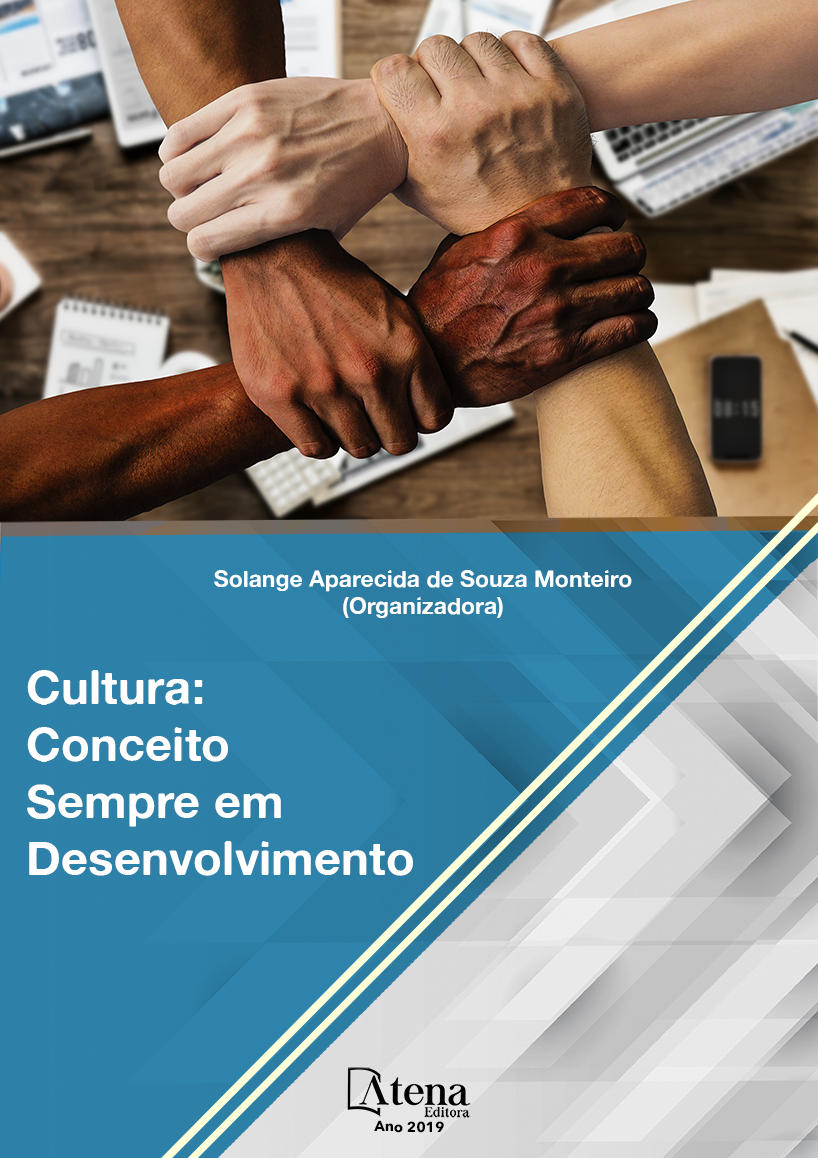
AS RELAÇÕES ÉTNICO-RACIAIS E A LEI Nº 10.639/03 NAS QUESTÕES DE ENSINO-APRENDIZAGEM: HISTÓRIA, CULTURA, IDENTIDADE NEGRA E AS COMPETÊNCIAS PARA UM ENSINO MULTICULTURAL
O presente artigo foi desenvolvido a
partir da disciplina de Planejamento e Projetos
Educacionais, no curso de Licenciatura plena
em Pedagogia da Universidade Federal de
Campina Grande – Campus Cajazeiras –
PB. Tem como principal objetivo discutir e
problematizar as atribuições referentes a Lei
nº 10.639/2003 no tangenciamento com as
relações de ensino-aprendizagem no âmbito
escolar. Considerando fatores como a negação
identitária dos educandos pertencentes a
ancestralidade africana nas escolas; as
discussões referentes as políticas públicas
que subsidiam no auxílio teórico-metodológico
para um ensino multiculturalista; bem como
as competências na formação docente para o
ensino da história e cultura africana de modo
transversal no currículo escolar, contribuindo
na constituição de uma sociedade antirracista.
Como aporte teórico, utilizo os seguintes autores
Alves (2007), Dias (2016), Almeida (2014),
Tomaim e Tomaim (2009) e Gomes (2011), que
contribuíram sobremaneira para a realização
do trabalho. Metodologicamente o artigo está
pautado na revisão de literatura das obras dos
autores e autoras supracitados.
AS RELAÇÕES ÉTNICO-RACIAIS E A LEI Nº 10.639/03 NAS QUESTÕES DE ENSINO-APRENDIZAGEM: HISTÓRIA, CULTURA, IDENTIDADE NEGRA E AS COMPETÊNCIAS PARA UM ENSINO MULTICULTURAL
-
DOI: 10.22533/at.ed.3751904064
-
Palavras-chave: Relações étnico-raciais; ensino; multiculturalismo; afrodescendência.
-
Keywords: Ethnic-racial relations; teaching; multiculturalism; afrodescendence.
-
Abstract:
The present article was developed
from the discipline of Planning and Educational
Projects, n the course of Full Degree in Pedagogy
of the Federal University of Campina Grande,
Campus Cajazeiras – PB. Its main objective
is to discuss and problematize the attributions
related to Law nº 10.639/2003 in tangency
with the teaching-learning relationships in the
school context. Considering factors such as the
identity denial of learners belonging to African
ancestry in schools; the debates concerning the
public policies that subsidize the theoreticalmethodological
for a multiculturalist teaching; as
well as the competences in teacher education
for the teaching of African history and culture
across the school curriculum, contributing to
the formation of an anti-racist society. As a
theoretical contribution, we use the following
authors Alves (2007), Dias (2016), Almeida (2014), Tomaim and Tomaim (2009) and
Gomes (2011), That contributed to the accomplishment of the work. Methodologically
the article is based on the literature review of the works of the authors mentioned
above.
-
Número de páginas: 15
- Kássia Mota de Sousa
- Francisco Anderson Varela Bezerra


